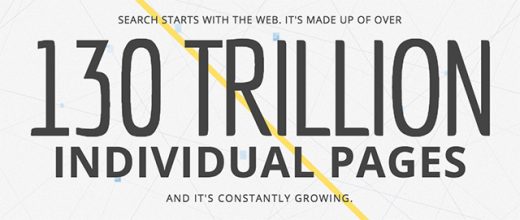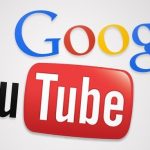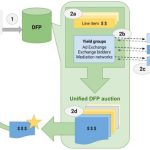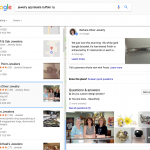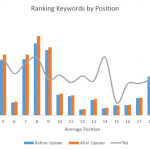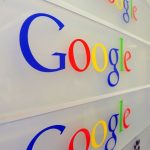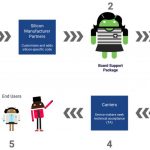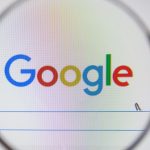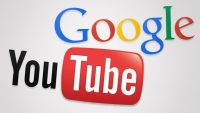Google Estimates More Than 130 Trillion Web Pages
by Laurie Sullivan@lauriesullivan, November 14, 2016
Search marketers are up against some difficult times as they try to optimize content and catch the eye of consumers querying just about everything from hotel reservations to local restaurants and clothing stores.
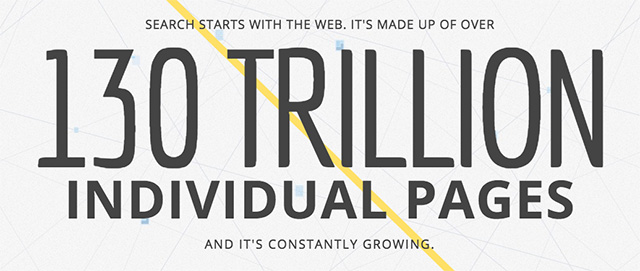
Google estimates about 130 trillion pages comprise the Web, up from 30 trillion in March 2013. Demonstrating the enormity of the Web, the company recently updated its How Search Works page, calling attention to the number of identifiable pages on the Web.
Many digital advertising experts think it’s time for brands to create one combined strategy that includes organic and paid search as companies, brands and agencies continue to add pages of information to the Web.
Take LoveBook, for example. The company — known for helping its customers create personalized books — sees an increase in organic traffic when it combines its search engine optimization strategy with paid-search ads in Google AdWords, according to Chris Sonjeow, LoveBook co-founder and CMO.
Cisco Systems estimates that global Internet traffic in 2020 will equal 95 times the volume of the entire global Internet in 2005. Globally, Internet traffic will reach 21-GB per capita by 2020, up from 7-GB per capita in 2015.
Annual global IP traffic will surpass the zettabyte (ZB) threshold in 2016, reaching 2.3-ZB by 2020. Global IP traffic will reach 1.1-ZB per year or 88.7-EB, equal to one billion gigabytes per month in 2016. By 2020, global IP traffic will reach 2.3-ZB per year, or 194-EB per month.
Traffic from wireless and mobile devices will account for two-thirds of total IP traffic by 2020, and smartphone traffic will exceed desktop traffic the same year, according to Cisco.
Earlier this year, Adlucent released data from a study that found 75% of consumers said their preference is a world with fewer but more personalized ads. Some 87% believe personalized ads contain content that is unique to them or based on previous purchases or shopping behavior.
Forty-six percent consider reducing irrelevant advertising to be the biggest benefit to personalized ads, followed by the ability to discover new products at 25% and faster and easier online searching and shopping at 19%.
MediaPost.com: Search Marketing Daily
(31)

